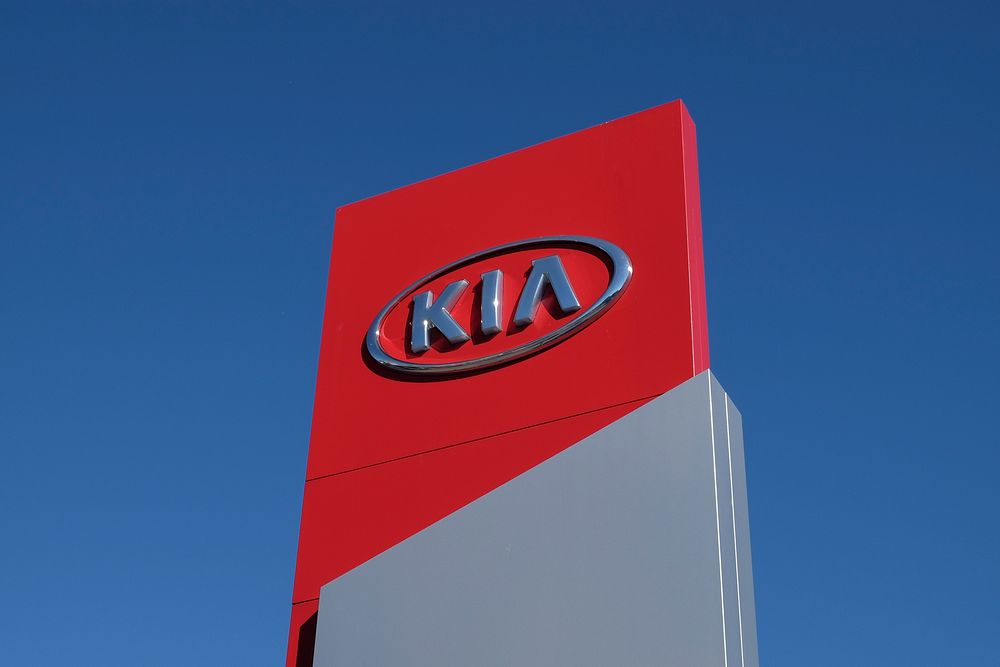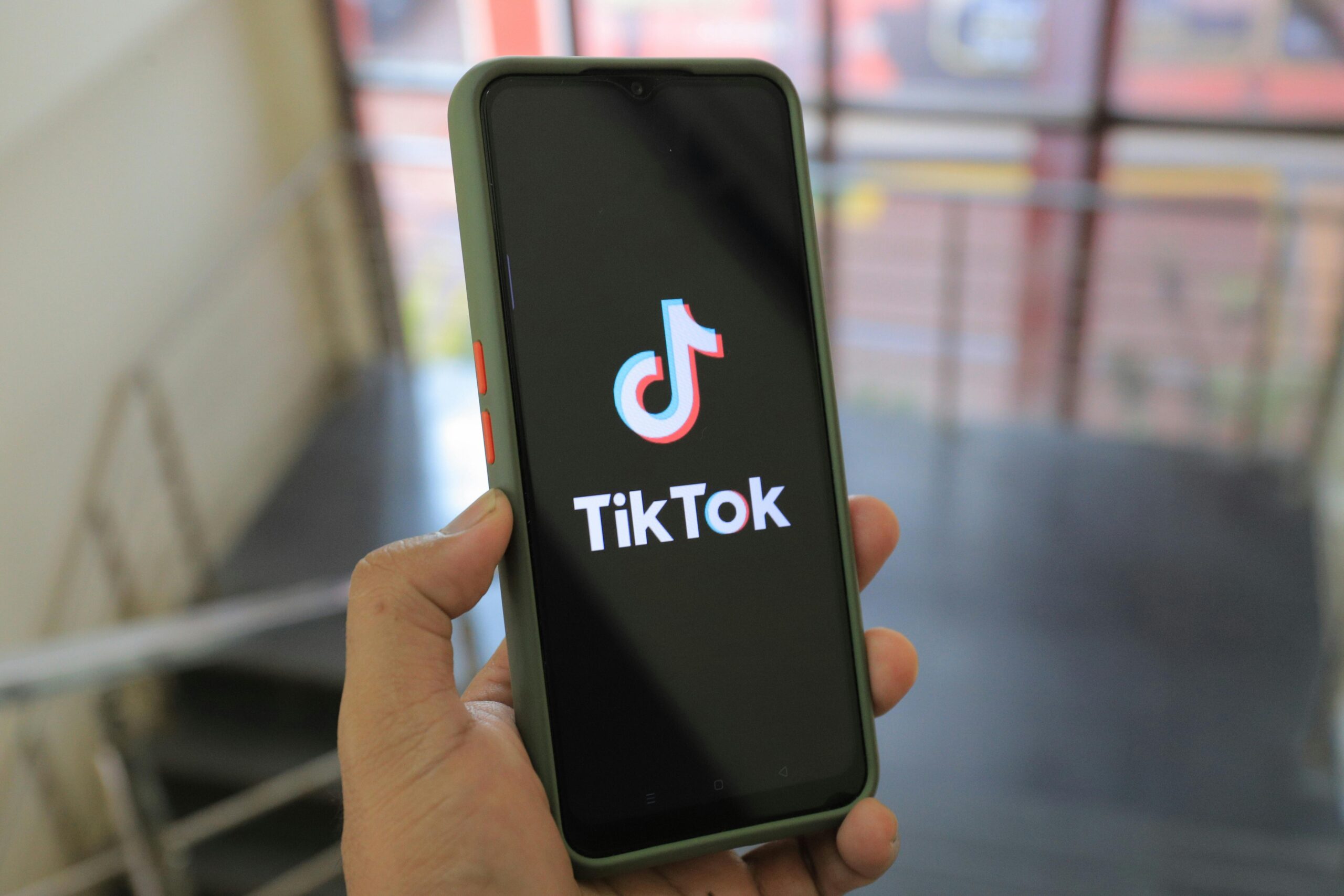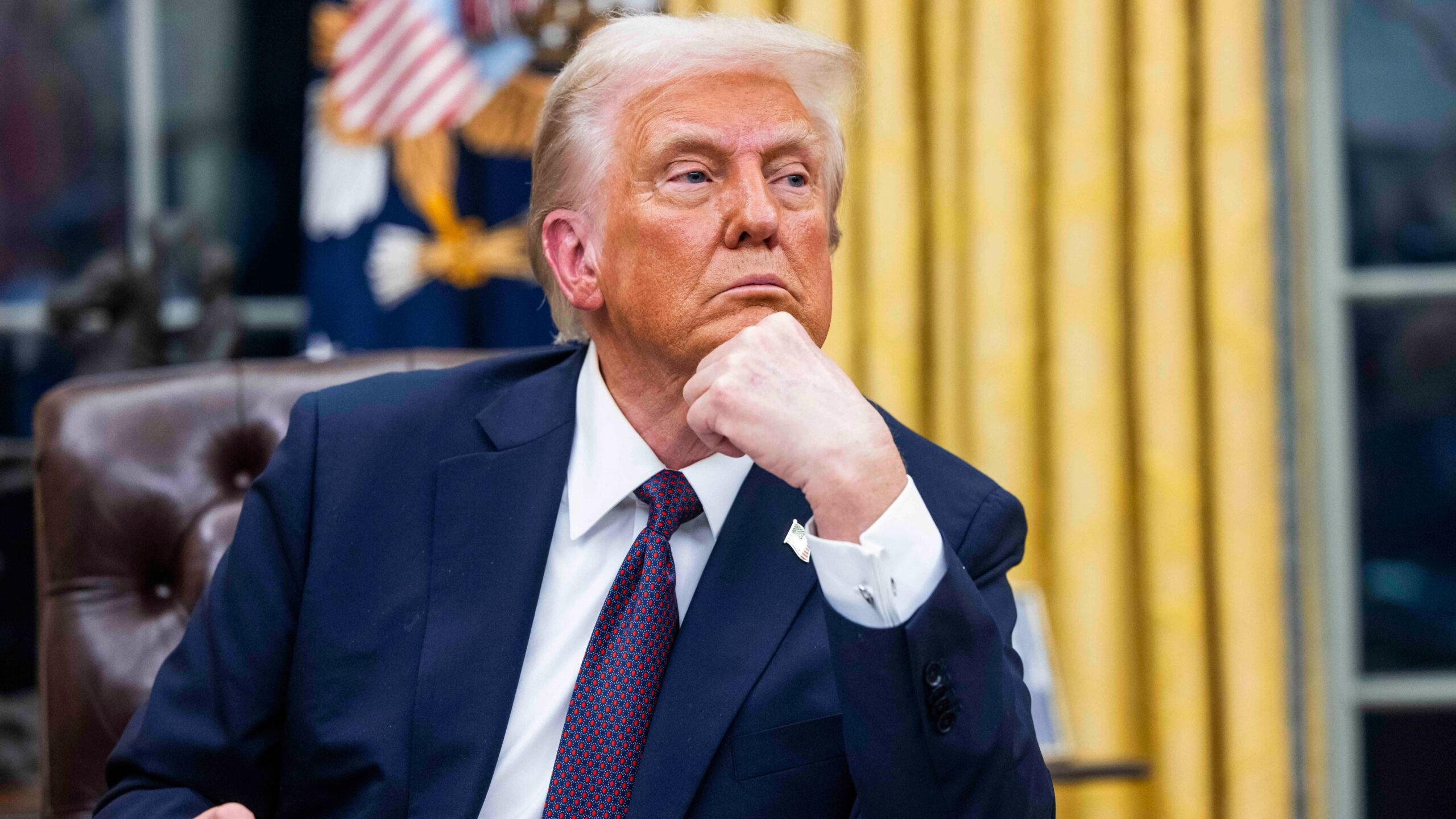Health care giant Johnson & Johnson is anticipating approximately $400 million in tariff-related costs this year. The primary impact is expected to hit the company’s medical technology unit, which manufactures a wide range of medical devices and surgical products. According to Joseph Wolk, Johnson & Johnson’s Chief Financial Officer, these costs are primarily driven by tariffs imposed by China, as well as retaliatory tariffs from China.
The $400 million estimate also accounts for tariffs on aluminum and steel, along with those on goods from other key U.S. trading partners, including Canada and Mexico. However, the company’s ability to mitigate these costs through price hikes is limited by pre-existing contractual agreements.
Notably, this estimate excludes potential tariffs on pharmaceutical imports, as the Trump administration has launched an investigation into the possibility of imposing such tariffs. Johnson & Johnson is concerned that tariffs on pharmaceuticals could lead to supply chain disruptions and shortages.
CEO Joaquin Duato stressed that the most effective way to build up U.S. manufacturing is through tax policy, not tariffs. As part of its strategy, Johnson & Johnson is investing over $55 billion over the next four years to ensure that its advanced medicines used in the U.S. are produced domestically.
What The Author Thinks
Tariffs are a short-term solution with long-term consequences. As seen with Johnson & Johnson, these policies lead to rising costs, supply chain disruptions, and market uncertainty. The focus should shift toward fostering growth in U.S. manufacturing through tax policies rather than punitive measures like tariffs that ultimately hurt consumers and businesses.








